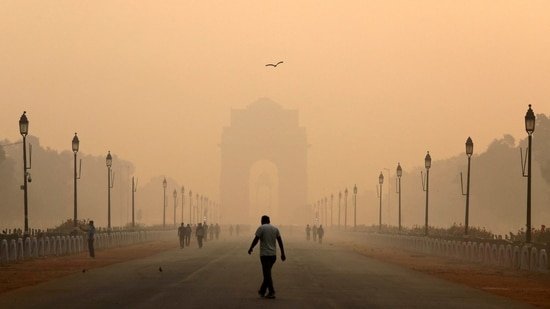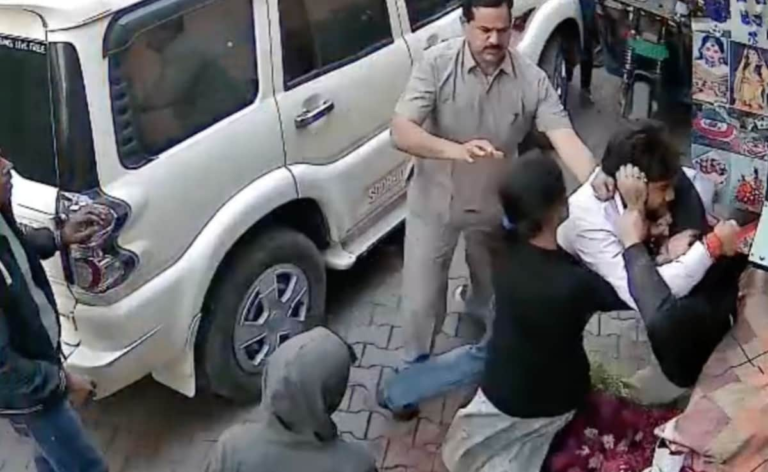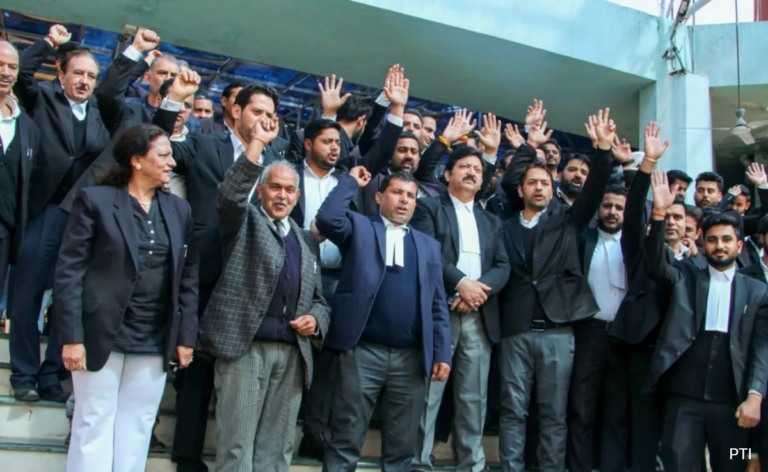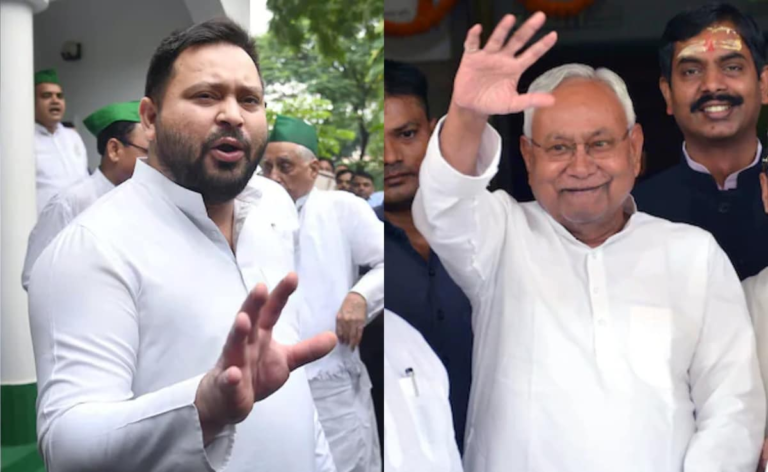
This past weekend, Delhi got a trailer of the inevitable environmental misery that awaits it in the coming months: Air pollution. On Saturday, the air quality index surpassed 300 on a scale topping out at 500, as a blanket of haze shrouded the skies and a distinct smell of dust and smoke pervaded the outdoors. Luckily, winds picked up the following day and the skies cleared up. For the 20 million residents of the city (and millions more in neighbouring states), it was a relief for the air to improve — from “very poor” to just “poor”. Over the next few days, however, the air will turn foul and, like every year, there is little the people, the state government and the Centre will be able to do to stop it save for relying on luck.

The air pollution crisis is the result of a perfect storm of factors. First, the man-made ones — polluting industries, vehicular emissions, burning trash, unrepaired roads, and festival fireworks are some of the contributors to bad air that exist either out of administrative inaction or poor individual decision-making. Second, the farm fire, which worsens air quality in October and November, is a problem that originated in the Green Revolution. The overuse of water to grow crops has meant regulating supply, and therefore, crop cycles. The quickest and cheapest way for farmers, often indebted and facing constraints of time, to get rid of stubble from the previous harvest is to set them on fire and governments have not taken enough steps to dissuade them. Third, the climate crisis: As winter sets in, the air becomes heavier between daylight hours, trapping the pollutants. And fourth, location: Delhi is close to the Thar, which explains why it is as dusty as it is.
Since 2016, when Delhi had its worst bout of bad air — AQI levels were above 400 for a week straight — administrations have grappled with a slew of measures. There are now cleaner cars and fewer polluting industries. India even has a National Clean Air Programme. But these steps have proven to be little more than a drop in the ocean. Until radical, long-term steps with unprecedented mobilising of resources are taken, the pollution saga will keep recurring.
 Subscribe today by clicking the link and stay updated with the latest news!” Click here!
Subscribe today by clicking the link and stay updated with the latest news!” Click here!Continue reading with HT Premium Subscription
Daily E Paper I Premium Articles I Brunch E Magazine I Daily Infographics








